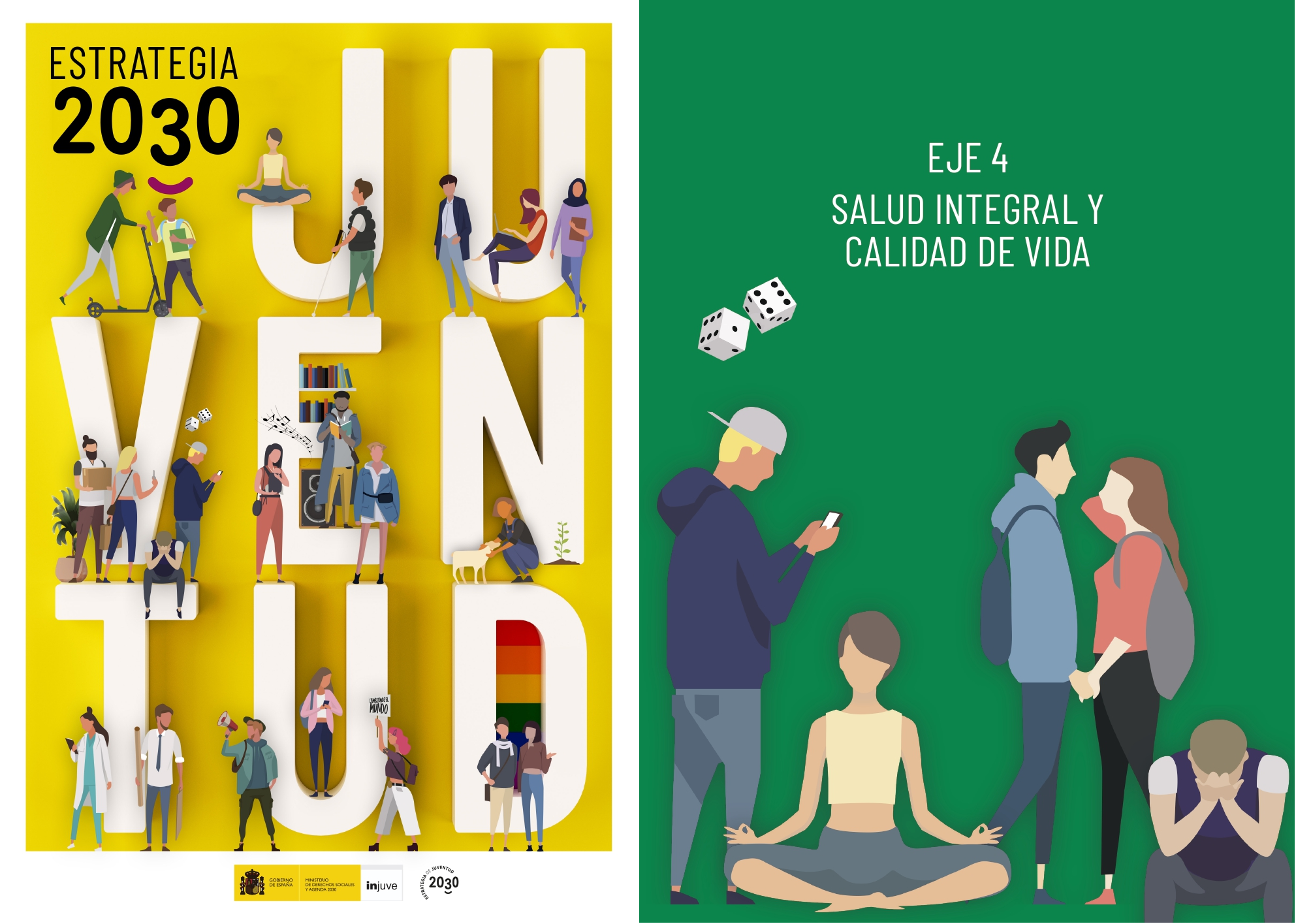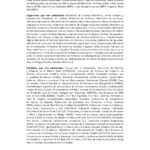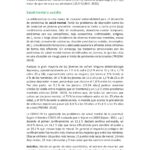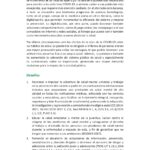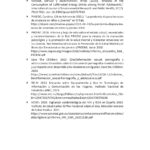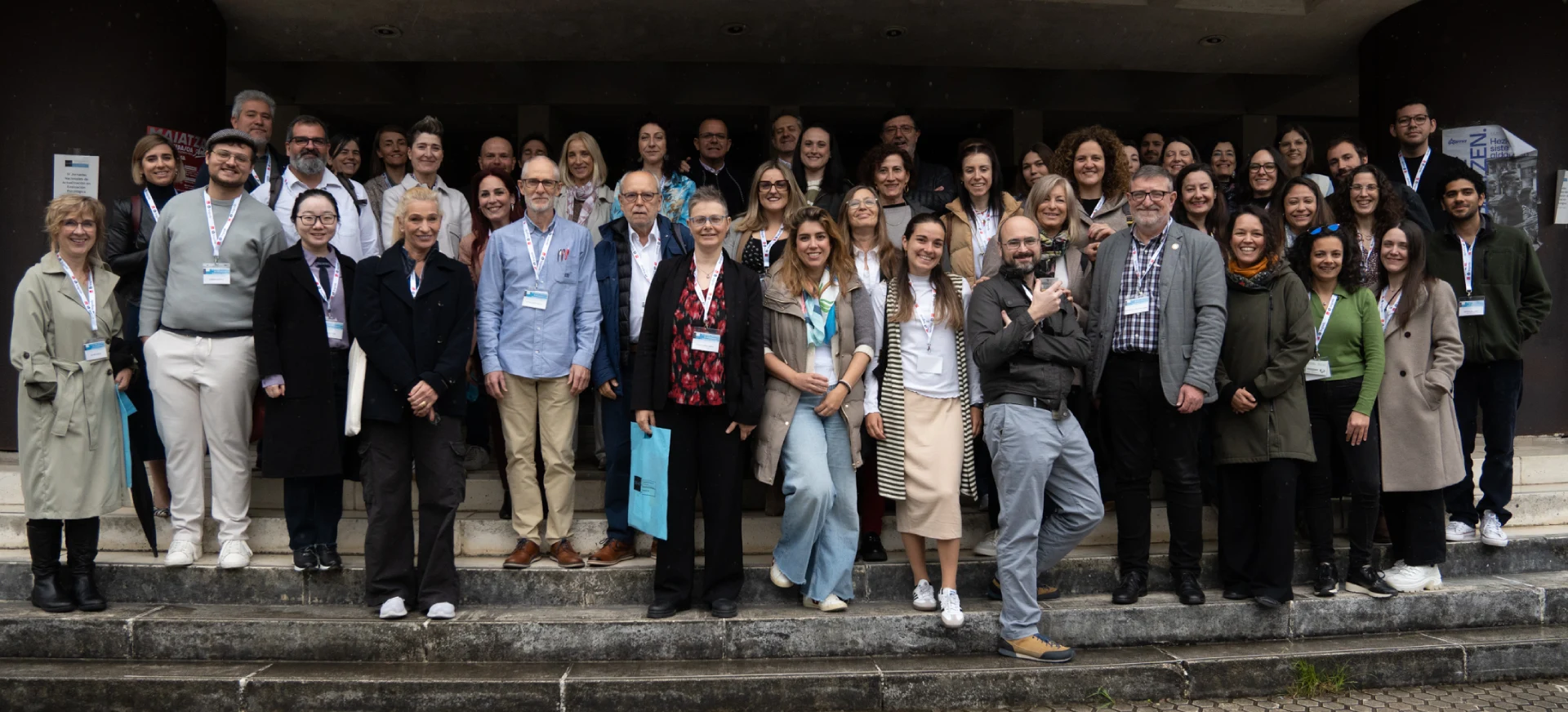Luis Joaquín García, professor at the University of Jaén and responsible for the initiatives of mental health promotion in young people DAREMOS, PROCARE and PROADEMO, has been part of the group of experts in charge of elaborating the actions of the axis on integral health and quality of life of this document.
30/11/2022.- The Youth Strategy 2030 document, promoted by the Spanish Youth Institute (INJUVE) of the Ministry of Social Rights and Agenda 2030, is now available in full in its web version.
It is a proposal of actions and measures composed of 12 thematic axes, which propose better health care and better public and quality education, decent employment and housing for emancipation. One of them deals with integral health and quality of life, with the aim of guaranteeing young people the right to health, through their access to health services adapted to their needs, integral attention to mental health problems, the promotion of healthy lifestyles and affective-sexual autonomy.
Luis Joaquín García, professor at the University of Jaén and main responsible for the initiatives of mental health promotion in young people, DAREMOS, PROCARE and PROADEMO, has been part of the group of experts selected by INJUVE in the thematic working committees responsible for drafting the Youth Strategy 2030.
Regarding the final result of the document, Luis Joaquín García highlights “the need for the administrations to prioritize the implementation of plans that address mental health, particularly among young people, both at the level of primary prevention and intervention in the face of clinical problems”. At the same time, it stresses “the importance of training teachers and health personnel to identify young people with emotional problems, or at risk of suffering them”.
The document echoes data and conclusions of the Report and roadmap on the current state, needs and recommendations prepared by the PROEM Network in 2018 for the improvement of psychological assessment and the promotion of mental health and emotional well-being in young people. In this sense, this axis aims to ensure the health and mental well-being of youth, prevent mental problems, suicidal behavior and self-harm, end the stigmatization of mental health problems or prevent drug use and addictions among the young population, among other priority objectives.
Together with Luis Joaquín García, representatives of Doctors for the World, the Spanish League for Education and Popular Culture, the Queen Sofia Center on Adolescence and Youth, the Health Education Foundation (FUNDADEPS), the Foundation for Help against Drug Addiction (FAD) and FRESNO participated in the preparation of axis 4.
